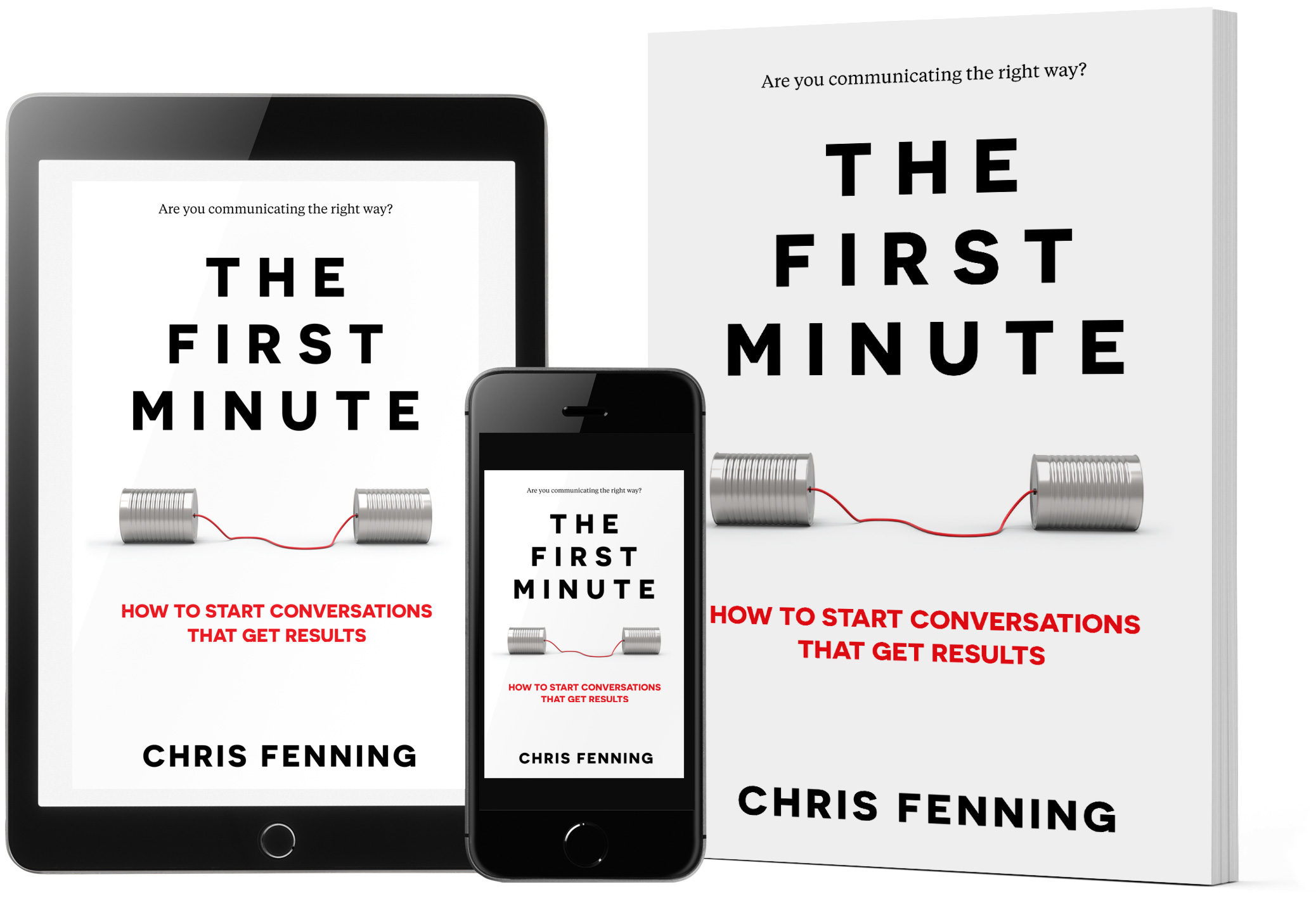If you’ve read my article about the Three steps to create amazing summaries you might find yourself thinking ‘My topics are far too complex to be summarized in less than a minute’. If you are, I completely understand. I used to think the same thing. That was until I learned you don’t need to be an expert to summarize a complex topic.
Life is really simple, but we insist on making it complicated. — Confucius
When researching how to summarize complex topics for my book The First Minute I heard people talking about some pretty complex topics. One thing became clear, the best summaries came from people who were not the experts in the topic.
I’d like to share the example that made something absolutely clear to me. You don’t need to be an expert to summarize a complex topic. I hope this helps you see that learning to summarize things is simpler than you might think.
The NASA engineers
Santosh and Doug, two engineers working for NASA in Virginia, USA, were at a BBQ talking about their favourite topic: the need for more funding for the International Space Station (ISS). The ISS was a major part of the NASA budget at a time when the USA was turning its sights back to the moon, and they both had strong opinions about maintaining the funding.
Santosh and Doug had been deep in the discussion for about half an hour when Nick, an executive at a healthcare firm and a teammate in their local kickball league, joined the conversation. Without realizing what he was letting himself in for, Nick casually asked why the cost needed to be so high.
The two engineers launched into a detailed description of the complexity of the ISS. They talked about the challenges caused by solar and deep-space radiation. The fuel needed to keep the ISS at the right altitude. As well as the cost to ferry people and supplies to and from it. They also talked about the risks posed by debris in orbit and more. Nick didn’t seem to mind. It was a nice day, he had a drink in his hand. Besides, it was genuinely interesting stuff. A few other people wandered over. They stood listening as the two engineers talked for over 20 minutes about the scientific breakthroughs that the ISS had enabled.
The pair finally wound down. Santosh said to Nick, “So you see, that’s why it costs a lot and why the government should keep funding it.”
The summary
“You clearly know a lot about this stuff,” Nick said, smiling. “I didn’t quite follow everything you said, but what I think you’re saying is we built a science lab in space, and it’s helping us learn a lot of important things. The problem is, space is hard to get to, and there are 100 ways a person can be killed up there. So, it takes a lot of money to keep the lab in space and make sure the scientists using it stay alive.”
Santosh and Doug stared at Nick as the others around them commented on how it all made more sense when described that way.
“It’s a lot more complicated than that,” Santosh said, “but yes, you pretty much summed it up.”
You don’t need to be an expert to summarize a complex topic
Nick knew nothing about the ISS beyond what he’d read in the news and seen on TV. He wasn’t an engineer, he had never worked on a space program, and he knew nothing about the complexities of life in low-earth orbit. Despite that, he was able to absorb a significant amount of technical information from two highly qualified engineers and summarize it in thirty seconds so that other non-engineering people could understand it.
Did you notice how Nick’s summary followed the GPS structure? Look at it again, and see if you can identify the three components of a structured summary.
- Goal: Build a science lab in space and help humankind learn a lot of important things
- Problem: Space is hard to get to, and there are a hundred ways a person can be harmed up there
- Solution: Spend a lot of money to make sure the scientists using the lab stay alive
As this proves, it is possible to summarize even the most complex topics quickly and clearly.
Some might argue that Nick’s summary was an oversimplification. If the audience had been a room full of NASA engineers working on the ISS, it probably would have been. But the people at the BBQ weren’t technical. They didn’t already have knowledge of the topic. The purpose of the conversation was to explain why it costs a lot to maintain a space station. And Nick’s summary was the clearest way to do that.
If Santosh and Doug had started with the summary, they could have had a conversation where people asked about the discoveries made or the dangers of space instead of being lectured. The 20 minute monologue could have turned into an engaging discussion where everyone understood the key points from the start.
Any topic can be summarized
Any work topic, no matter how complex, can be summarized. You don’t need to be an expert. One of the simplest ways to summarize something is by using the goal-problem-solution method. The method is simple to learn. Ready a summary of the method here, or learn more about it in my book The First Minute.
Learn more with my book
The First Minute

My multiple award-winning book is a step-by-step guide for clear, concise communication in everyday work conversations.
Being concise is not about trying to condense all the information into 60 seconds. It’s about having clear intent, talking about one topic at a time, and focusing on solutions instead of dwelling on problems.
Throughout this book you’ll discover how to:
- Have shorter, better work conversations and meetings
- Get to the point faster without rambling or going off on tangents
- Lead your audience toward the solution you need
- Apply one technique to almost every discussion, email, presentation and interview with great results
